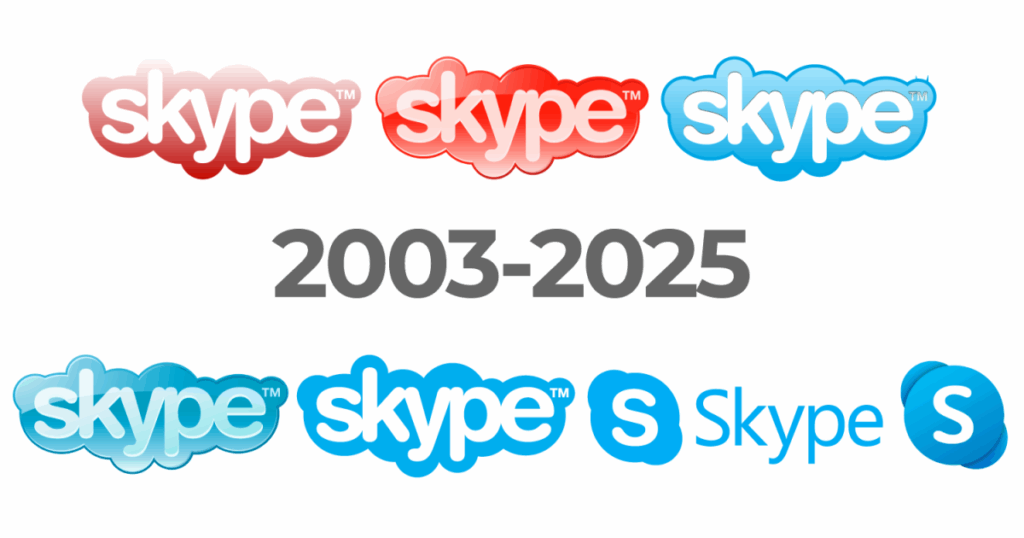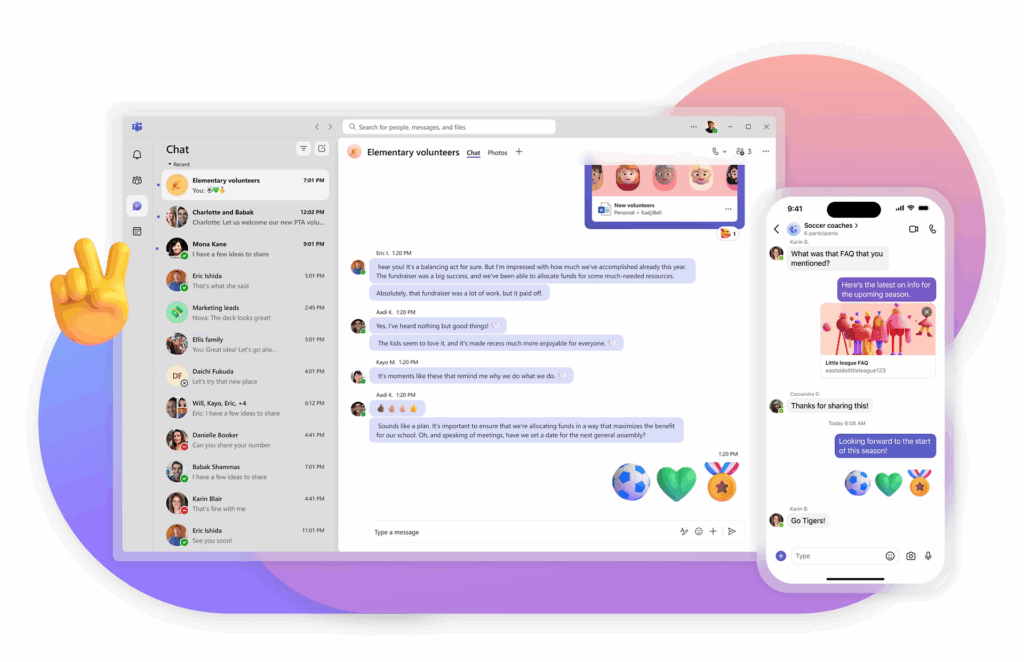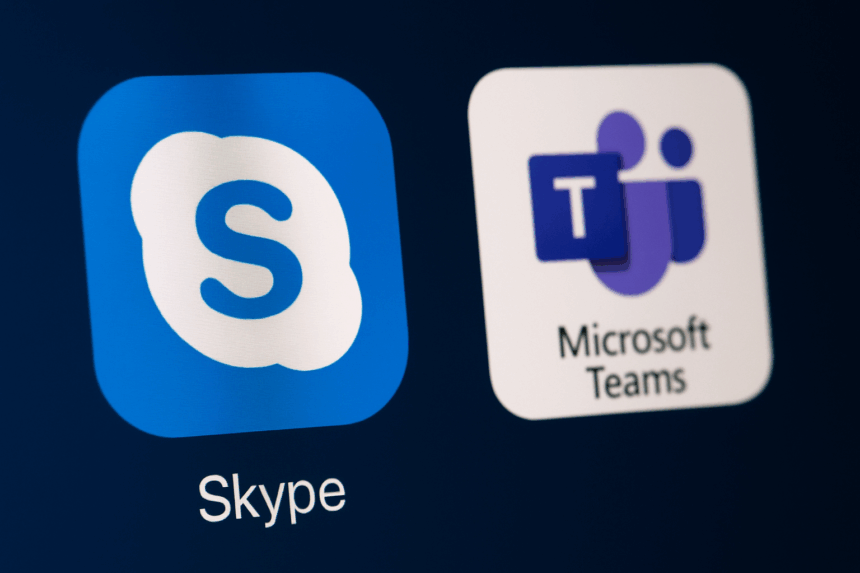After nearly two decades of service, Skype, once a leader in video calling and messaging, is officially shuttered. Microsoft decided to retire the app on 05 May 2025. Microsoft is urging users to switch to Microsoft Teams. For users who had relied on Skype for personal and business communications, this ends an era. Skype’s deprecation in favor of Teams starts a new chapter in Microsoft’s communications strategy, with a stronger emphasis on collaboration and modern workplace tools.
What’s Happening & Why This Matters
Microsoft’s decision to discontinue Skype comes as part as of sharper focus on Microsoft Teams, the platform it introduced as a modern communication hub for businesses. Teams, initially developed for enterprise use, has quickly expanded into the personal space, with Microsoft positioning it as a tool for both work and social connectivity. The shift from Skype to Teams is intended to streamline consumer communications, making it easier for users to manage both personal and professional connections within one platform.

Skype was once the dominant video calling and messaging platform, helping millions of people connect across long distances without incurring hefty phone bills. Created in 2003 by Niklas Zennström, Janus Friis, and a team of Estonian developers, Skype gained massive popularity, reaching 40 million active users by 2005. After being acquired by eBay in 2005 and later by Microsoft in 2011, Skype maintained its position as a key player in online communications for years. However, Zoom and other modern tools like Microsoft Teams gradually overtook Skype in popularity, especially during the pandemic.
For those who were still using Skype, the transition to Teams should be relatively smooth. Microsoft enabled Skype users to sign in to Teams with their existing Skype credentials. This enables users to easily import their chats and contacts into Teams. This feature is available to Teams insiders and Skype users before becoming more widely accessible.

As part of the transition, Skype credits and subscriptions will remain available until users’ next renewal period. New customers will no longer be able to make international calls or use the pay-as-you-go credit system. Skype’s international calling service will be removed entirely by the end of 2025.
Teams, on the other hand, is already a full-fledged communication tool that supports everything from video conferencing to file sharing and real-time collaboration. With the rise of hybrid work and remote communication, Teams has become a pivotal tool for businesses. Its integration with Office 365 and SharePoint makes it a powerful hub for organizing and coordinating work.
The demise of Skype is bittersweet for many users who have fond memories of the early days of online communication. Skype changed the way people interacted with each other online, offering affordable voice and video calls. However, as digital communications continue to evolve, Teams represents the next step in how people and businesses connect in a world that is increasingly reliant on cloud-based technologies.

TF Summary: What’s Next
As Microsoft goes all-in on Teams, Skype users can expect a more unified experience between work and personal communication. With the end of Skype, Microsoft is betting that Teams will fill the gap left by Skype’s departure, offering users a more integrated solution for managing both professional and personal conversations.
Microsoft will continue enhancing Teams with additional features to keep up with the competition. Teams will be critical as businesses look to streamline workflows and improve collaboration. For individual users, it’s a chance to experience a more modern, versatile platform, capable of handling everything from video chats to project management. Microsoft’s AI-powered features in Teams could further improve the overall experience, automating tasks and offering real-time suggestions.
The Skype-Teams transition has lasting effects on unified collaboration platforms. The transition, though challenging for some, is part of the workplace optimization trend , where tools like Teams, Zoom, and Slack are holding the digital interactions line. As Microsoft completes the complete Skype shutdown, it’s clear that Teams is one of the leaders in how we communicate — both in the office and at home.
— Text-to-Speech (TTS) provided by gspeech


